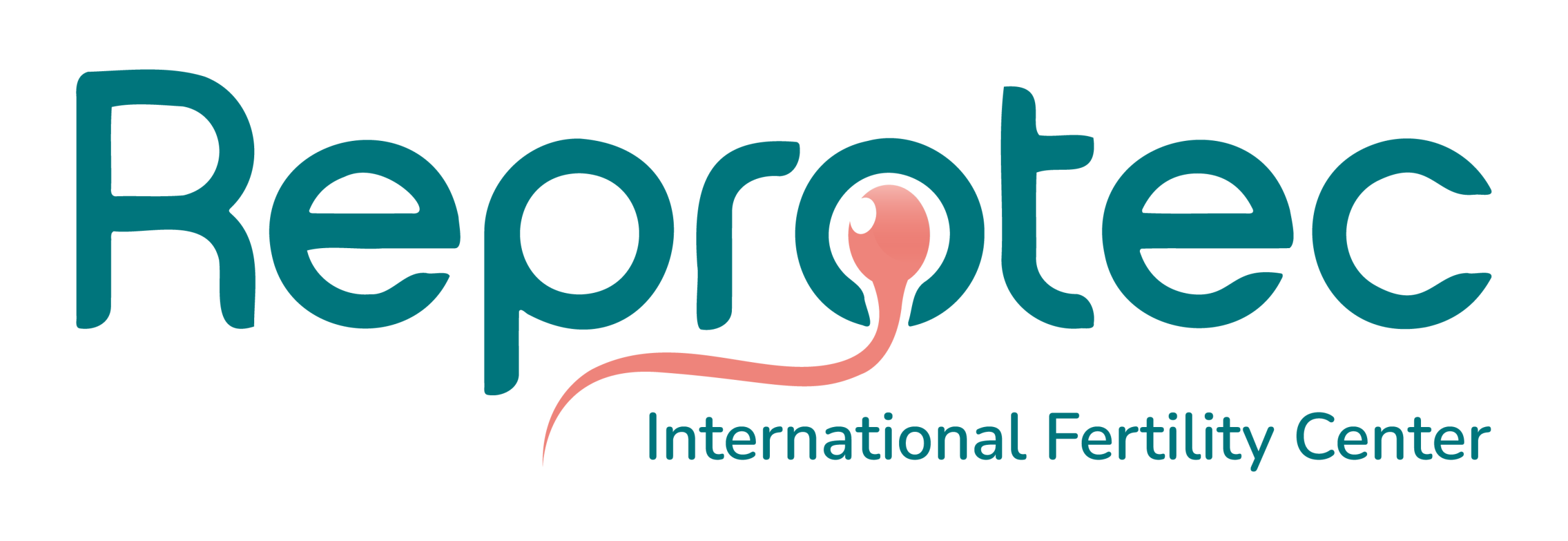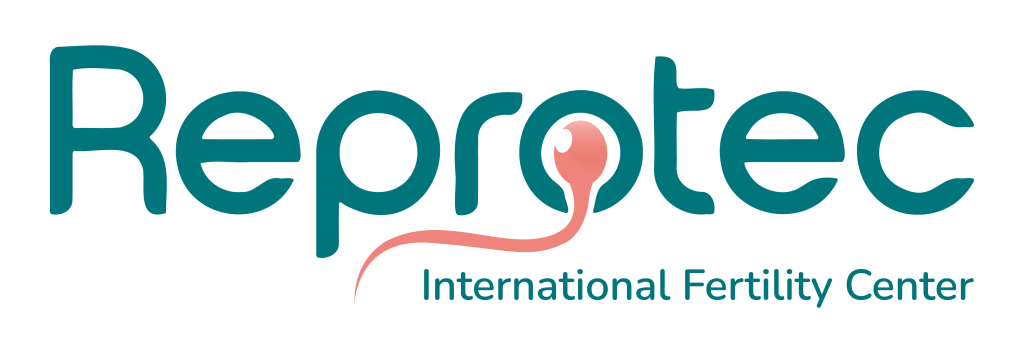Talking about polycystic ovary syndrome in the context of fertility is of the utmost importance, since this hormonal disorder that occurs in reproductive age is very common, having not only a significant impact on the general well-being of women, but also on their possibilities of conceiving naturally and carrying a healthy pregnancy.
Although the exact cause of polycystic ovarian syndrome is unknown, its diagnosis and early treatment can decrease the risk of diseases such as infertility, prediabetes or type 2 diabetes and heart disease.
The symptoms of polycystic ovary syndrome vary from patient to patient, however, they are determined and clear. Here we talk about them:
- Irregular menstrual periods: This can be manifested both by frequency, that is, fewer menstrual periods in a year, and by its duration, with menstrual periods that last many days or more than what is usual for menstruation. This is a clear difficulty in achieving a pregnancy.
- Excess androgens: High levels of androgens (male hormone) in women can generate excess facial and body hair, and even the presence of severe acne and baldness of the male pattern.
- Ovaries Size: The ovaries could increase in size and be affected in their functioning.
It is essential to understand that the symptoms of PCOS are generally more serious in people with obesity, which is why the main medical indication for their treatment is weight control.
Infertility, pregnancy complications, alterations in metabolism and even depression and anxiety are other complications caused by PCOS. And, despite the fact that the symptoms are so clear, there are many women who have not yet received a diagnosis and less treatment. This is why we have brought this simple information that can be of help to you or someone close to you.
Early diagnosis for timely management:Identifying the SOP at an early stage allows health professionals to take steps to treat the symptoms. This is essential to improve your quality of life and foresee your chances of pregnancy.
Prevention of insulin resistance:Women with PCOS are at increased risk of developing insulin resistance, which can lead to type 2 diabetes. Early detection can lead to changes in habits and lifestyle to generally have good health, including reproductive health.
Improve quality of life:SOP not only affects fertility but also the quality of life of a woman due to symptoms such as acne, weight change and excess hair. An early diagnosis can help address these issues and improve overall well-being.
Reduction of anxiety and stress:Infertility can be emotionally overwhelming. Knowing that there is an underlying cause like SOP can provide a sense of relief by understanding why it is happening and what are the options available to treat it.
Greater control over the reproductive future:Detecting SOP offers women the opportunity to make informed decisions about their reproductive future.
Risk reduction during pregnancy:Women with PCOS are at increased risk of complications during pregnancy, such as gestational diabetes and preeclampsia. Early detection allows closer prenatal care and better management of these risks.
In summary, the timely detection of polycystic ovarian syndrome in the context of fertility is crucial to address the challenges of this disorder and to help women have a better quality of life and lead a healthy pregnancy. Proper medical care and emotional support can make a difference in the journey to motherhood.
If you have already been diagnosed with SOP and are looking for a pregnancy, we are here to guide you every step of the way, with our team of fertility experts who have experience in managing the SOP, you can receive a personalized treatment plan that addresses your specific needs.


